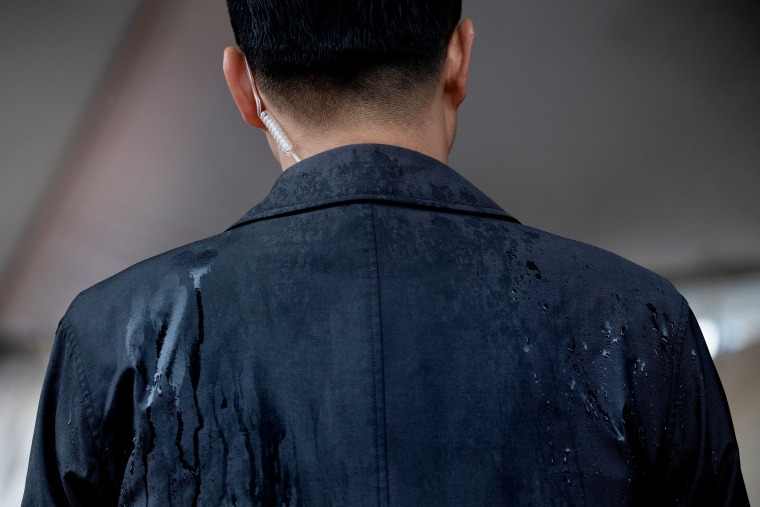It was three weeks ago when Congress and the public learned that Secret Service text messages from Jan. 5 and Jan. 6, 2021, were erased under controversial circumstances. Last week, the matter grew even more serious with revelations that there are also missing texts from Donald Trump’s top appointees at the Department of Homeland Security in the runup to the Jan. 6 attack.
The Washington Post, which has led this story from the outset, spoke to cybersecurity experts and former government leaders who were “stunned by how poorly the Secret Service and the Department of Homeland Security handled the preservation of officials’ text messages and other data” from around Jan. 6, adding that the agencies entrusted with fighting cybercrime “should never have bungled the simple task of backing up agents’ phones.”
The Secret Service has argued that it asked agents to upload their own phone data before phones were wiped. Cybersecurity professionals used a variety of words and phrases to describe such an approach, including “ludicrous” and “not something any other organization would ever do.”
It was against this backdrop that the Post published a related report that advanced the story in a provocative direction.
The Department of Homeland Security’s chief watchdog scrapped its investigative team’s effort to collect agency phones to try to recover deleted Secret Service texts this year, according to four people with knowledge of the decision and internal records reviewed by The Washington Post.
According to the Post’s reporting, which has not been independently verified by MSNBC or NBC News, it was in early February when the staff at the DHS inspector general’s office planned to contact all DHS agencies offering to have data specialists help retrieve the missing messages.
Soon after, however, the same office, led by Trump-appointed DHS Inspector General Joseph Cuffari, “decided it would not collect or review any agency phones.”
At the risk of oversimplifying matters, we’re dealing with a developing controversy that’s advancing on two related tracks. The first relates to the missing messages, which obviously should’ve been retained, and which would be of great value to Jan. 6 investigators. It’s important to understand why the data was deleted and whether this was the result of incompetence or a deliberate cover-up.
But the second angle is Cuffari’s role in the mess.
Let’s not forget that his office reportedly knew months ago about the purged texts, but didn’t tell Congress until very recently. It now appears his office also could’ve done more to at least try to recover the erased information, but chose not to.
Is it any wonder why Rep. Carolyn Maloney, the Democratic chair of the House Oversight Committee, and Rep. Bennie Thompson, the Democratic chair of the Jan. 6 committee and the Homeland Security Committee, want Cuffari to step aside from any scrutiny of the Secret Service and the deleted text messages?
There’s also a pattern of allegations to consider. Cuffari has been accused of blocking investigations — proposed by his own staff — into Trump’s Lafayette Square fiasco and the spread of Covid in the Secret Service. Last year, The New York Times reported that Cuffari also allegedly stonewalled an examination of a political retaliation complaint filed by a former intelligence chief.
A press statement from Maloney and Thompson recently added that they wrote letters “in March 2020, concerning Inspector General Cuffari’s handling of investigative reports and in May 2022, concerning reports that he sought to censor findings of domestic abuse and sexual harassment by DHS employees.”
It would appear that this watchdog needs watching.

